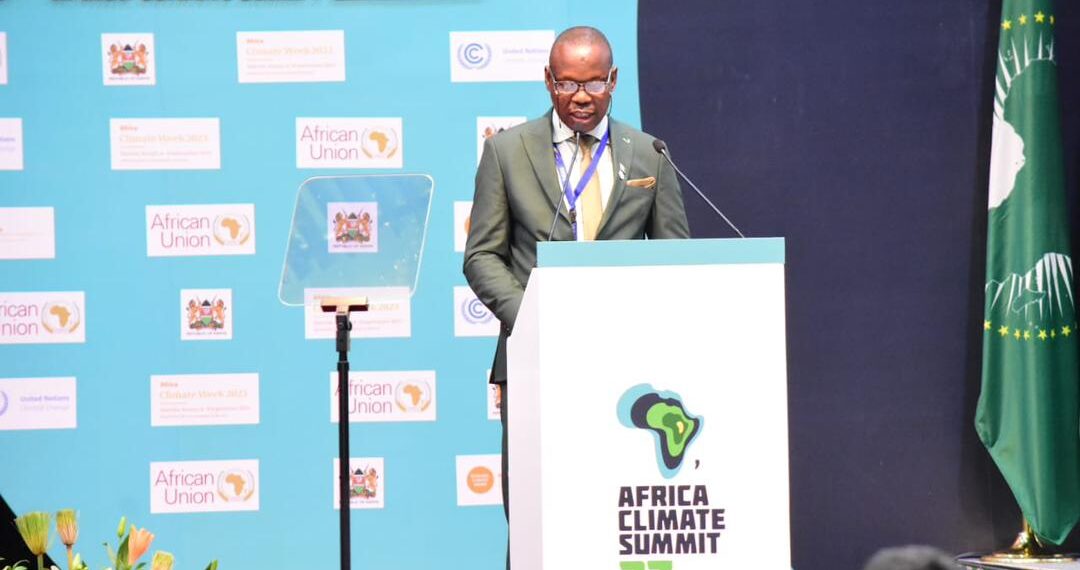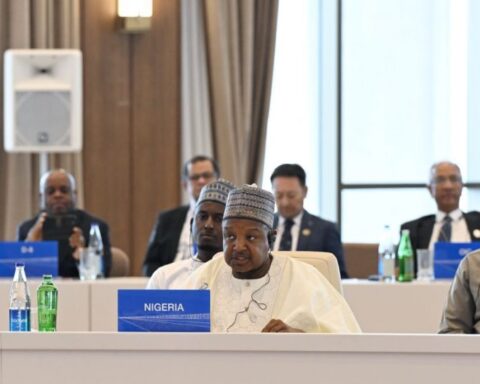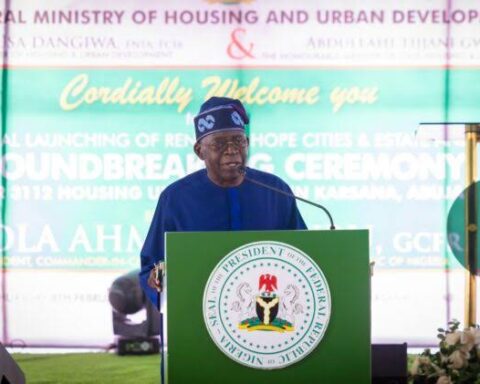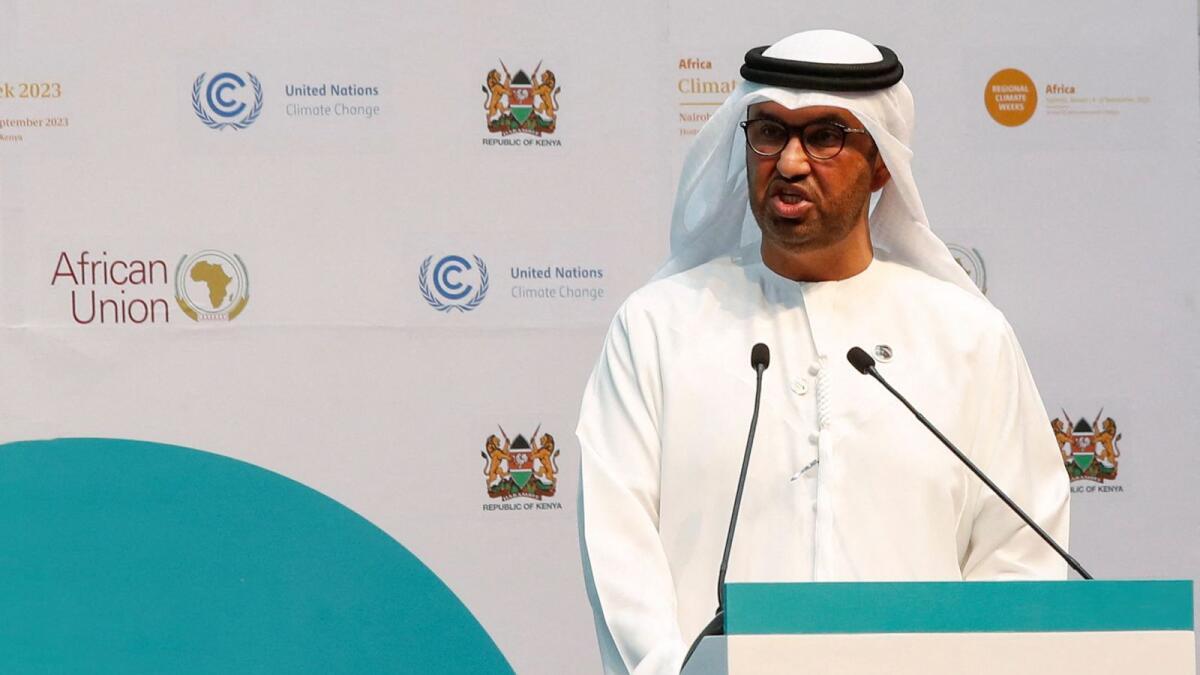Nigeria’s President Bola Tinubu has said Nigeria would require $17.7 billion annually to achieve its Nationally Determined Contribution (NDC) unconditional pledges by 2030.
Tinubu made this known while speaking ongoing Africa Climate Summit in Kenya, saying the summit came at a pivotal juncture, offering Nigeria an exclusive stage to spotlight its priorities, solutions, and needs regarding climate action to the global community.
The NDC is a document embodying ambitious pledges and actions set by countries that have endorsed the Paris Agreement in order to effectively and efficiently reduce carbon emissions, thus mitigating the devastating impacts of climate change in their respective countries.
It also contains actions countries intend to take in order to build resilience to adapt to the impacts of rising temperatures.
Represented by the Minister of State, Environment and Ecological Management, Iziak Salako, he said annual climate finance flows to Africa are currently just 11% of what is actually required, “so more investments definitely have to come to the continent,” he said.
While climate financing in Africa has been a pivotal part of the conversation at the ongoing summit so far, with world leaders and organizations raising funds via pledges, Tinubu said between 2019 and 2020, all of Sub-Saharan Africa received barely $20 billion dollars in climate finance.
He said the summit as well as their recent efforts and advocacy on the topic of climate change boldly demonstrate to the global community that Africa is rising to the challenge and taking decisive steps to deliver a sustainable economic future for our people.
Tinubu said the African Climate Summit occurs at a pivotal juncture, offering Nigeria an exclusive stage to spotlight its priorities, solutions, and needs regarding climate action to the global community.
“As a continent, it is critical that climate action spurs socioeconomic development for us. We know that with robust planning and increased investments in the region, this is achievable,” the president said.
He explained that Africa is already bearing the brunt of a climate crisis it did not cause but the continent, with significant renewable energy resources, critical minerals, vast carbon sinks, and a growing population, can be a strong solution centre.
the president said the government has articulated an unchanging position to advance climate action without jeopardising economic development.
He noted that the country has designed an ambitious Energy Transition Plan to achieve universal access to energy by 2030 and net-zero emissions by 2060 while prioritizing industrialization, job creation, and economic growth.
“Significantly, our plan helps to crystallize the scale of resources needed to deliver climate targets, and it is clear that current financial flows will not suffice. Nigeria’s Energy Transition Plan requires $1.9 trillion spending up to 2060, including $410 billion above business-as-usual spending,” he said.
The president noted that this additional financing requirement translates to about $10 billion per annum but that average international financing flows to Nigeria for clean energy have been about $655 million per year over the past decade.
By Dare Akogun








